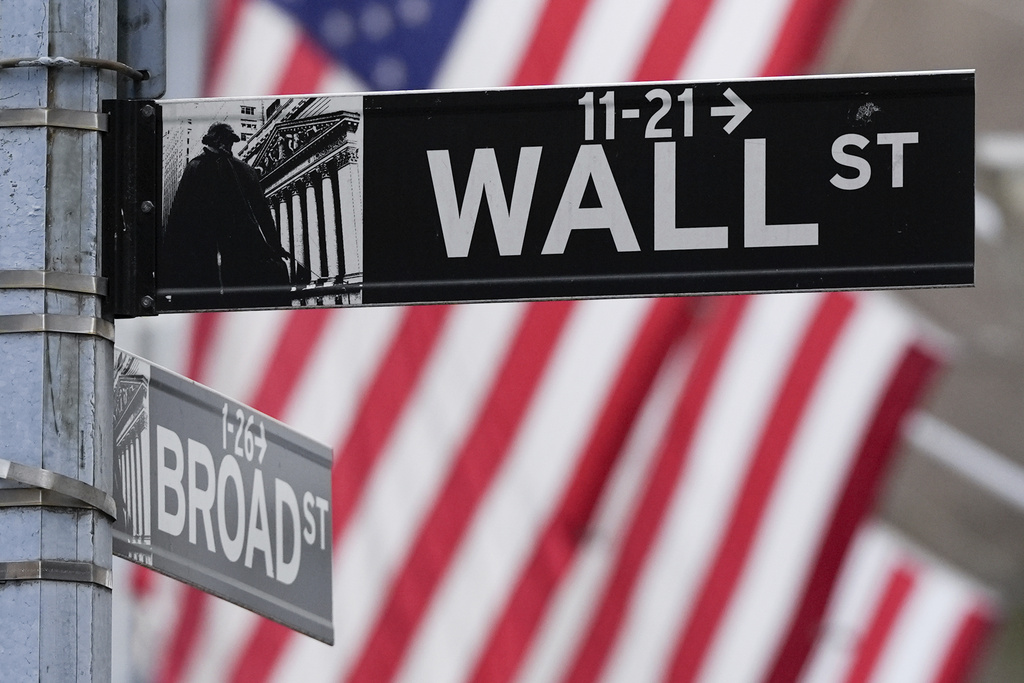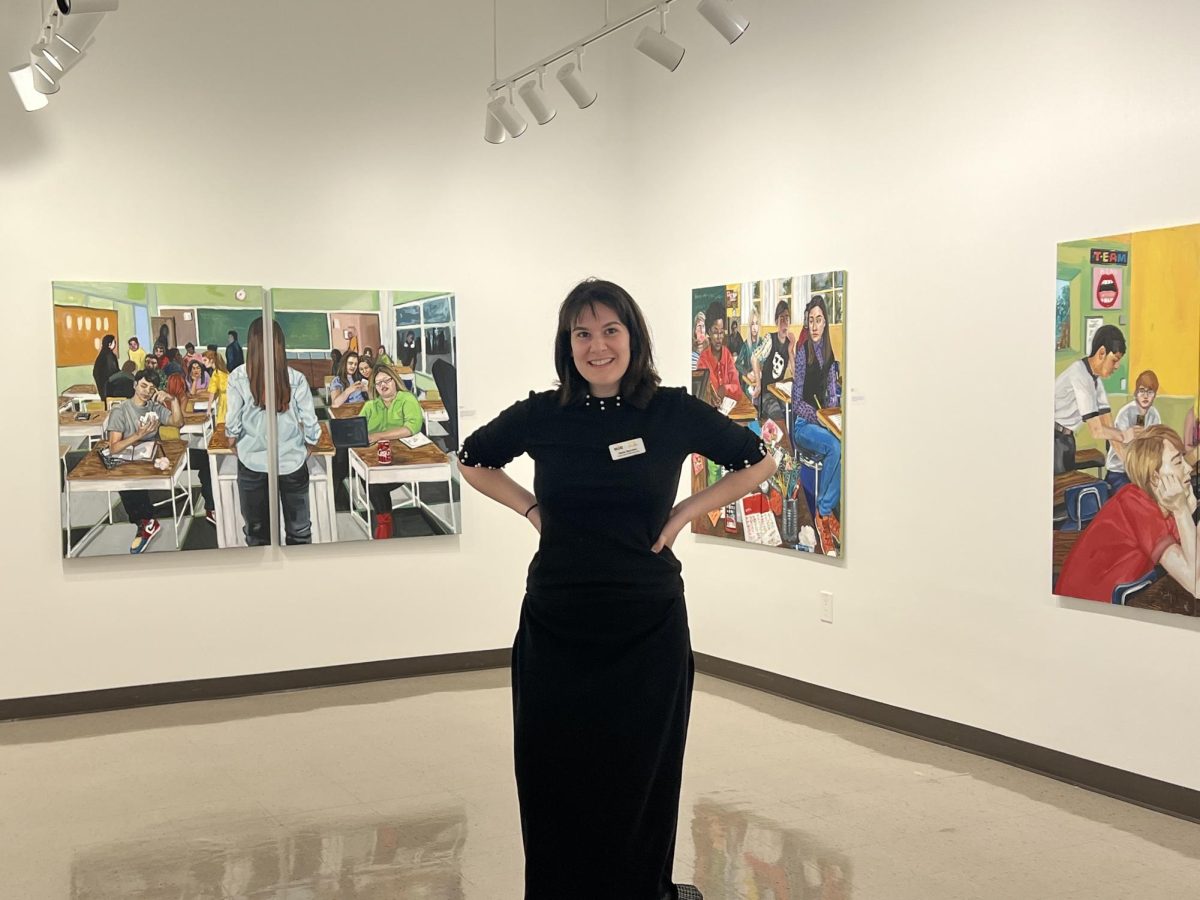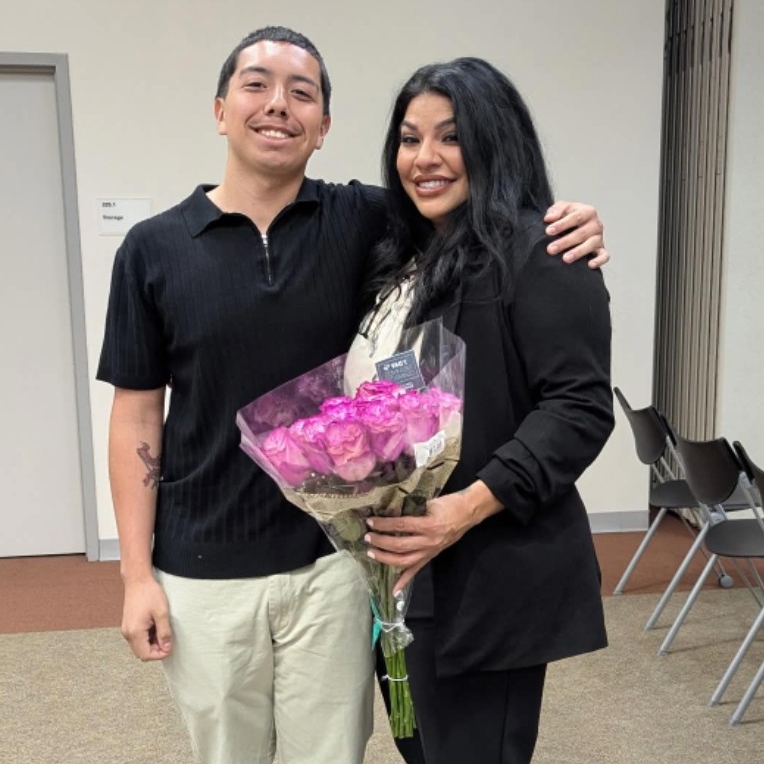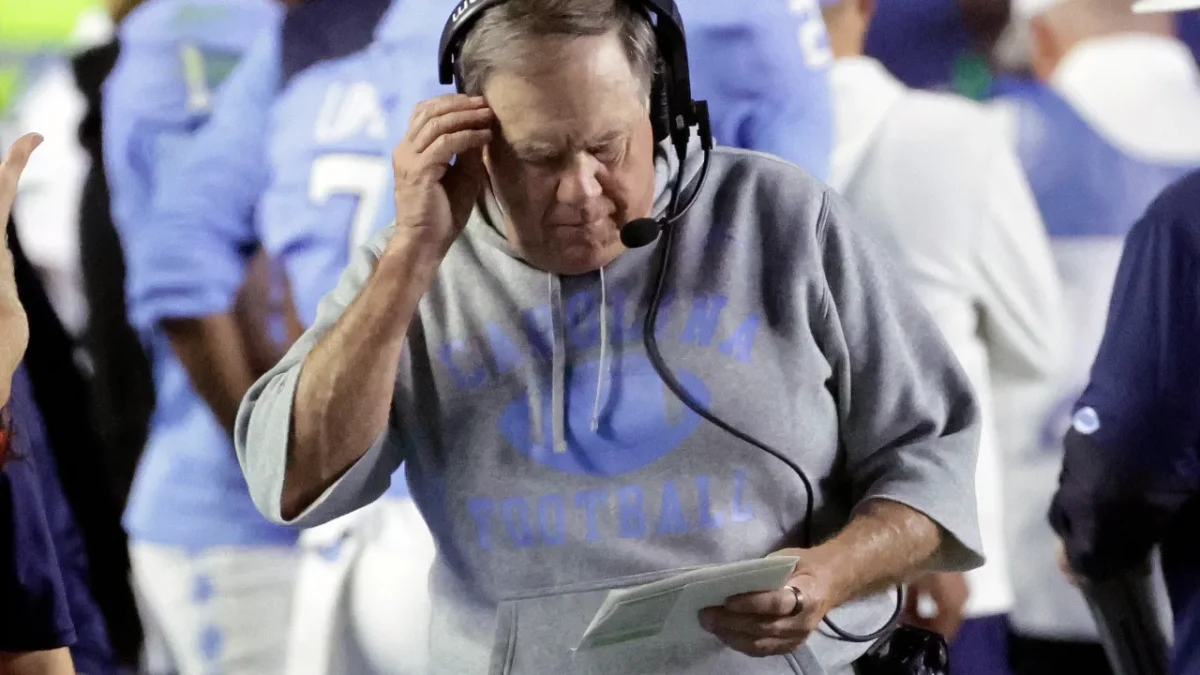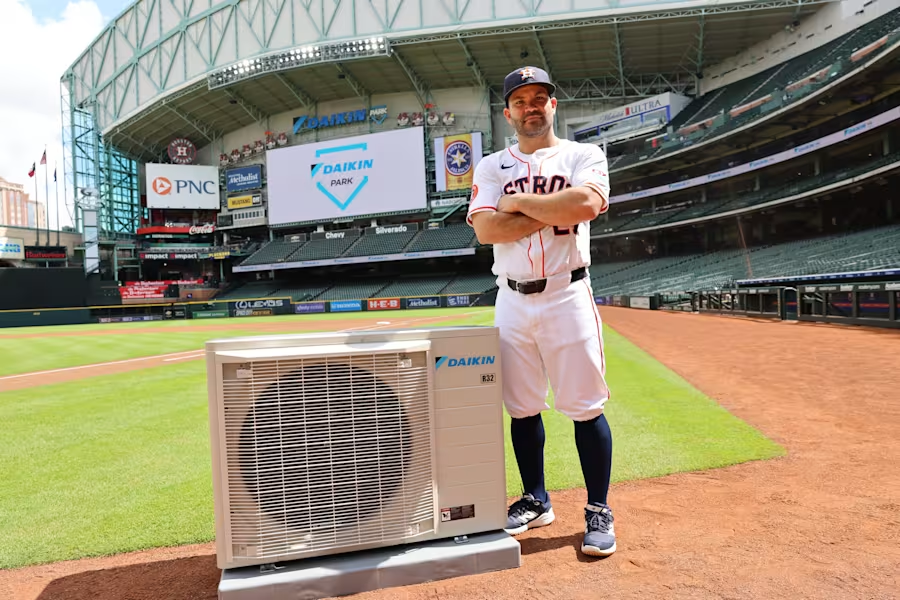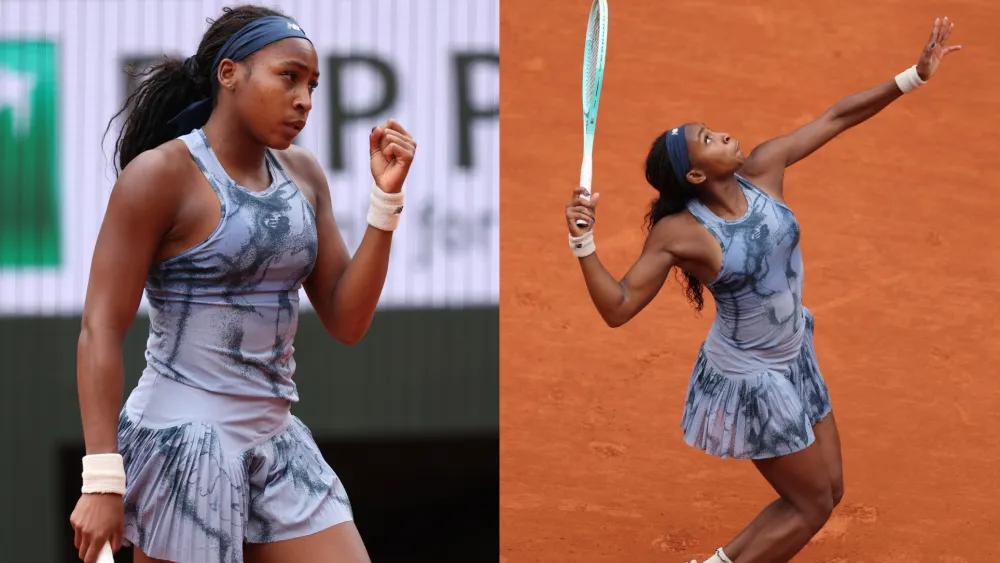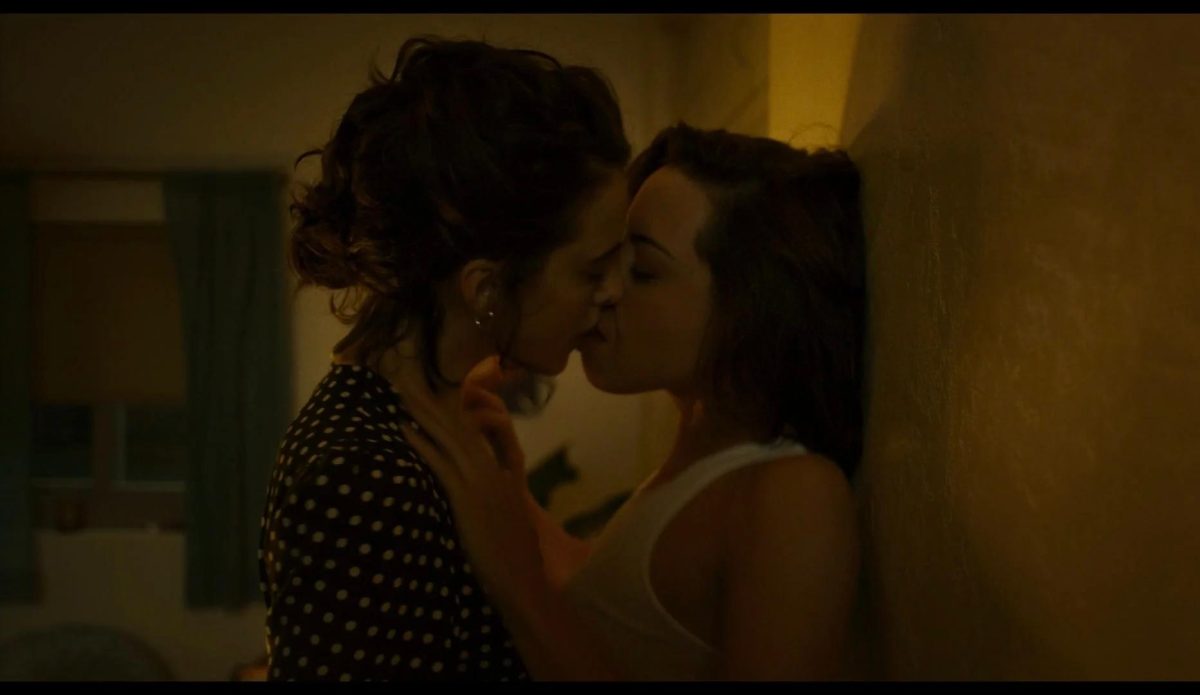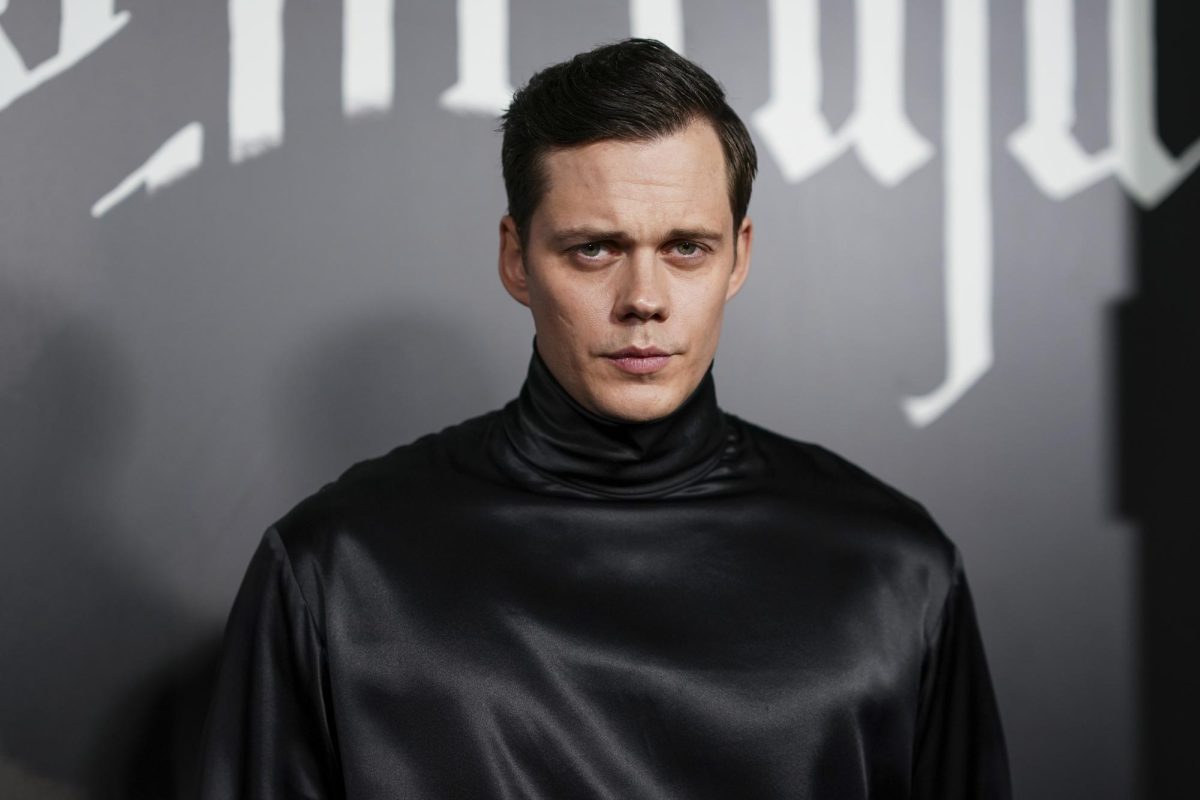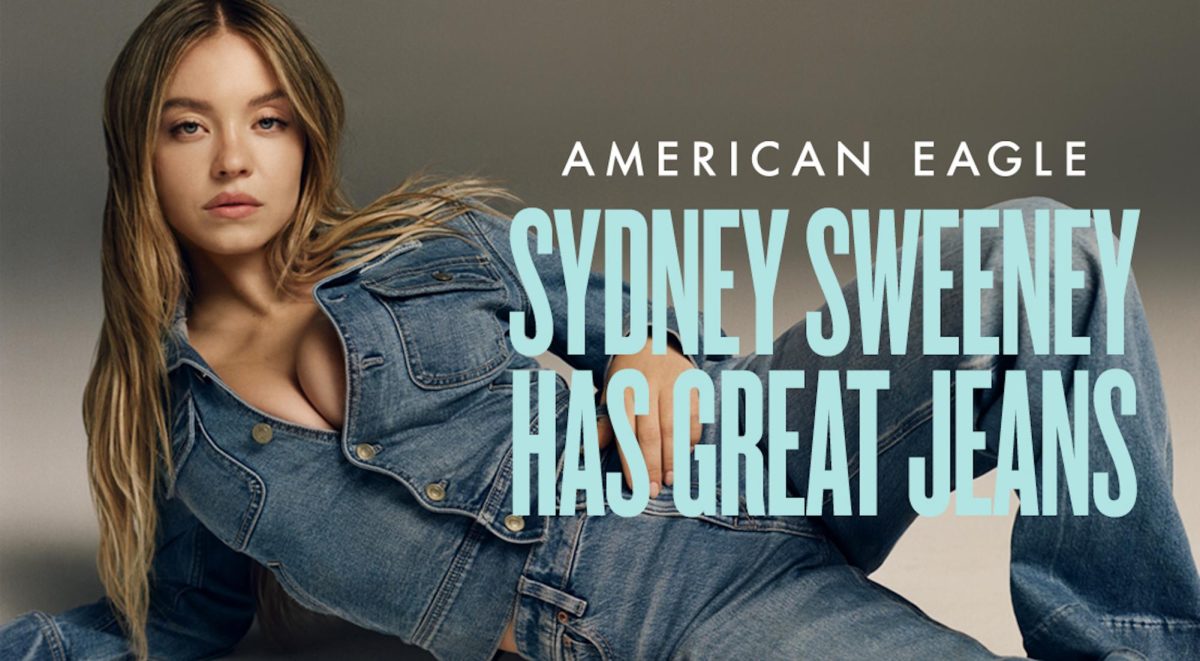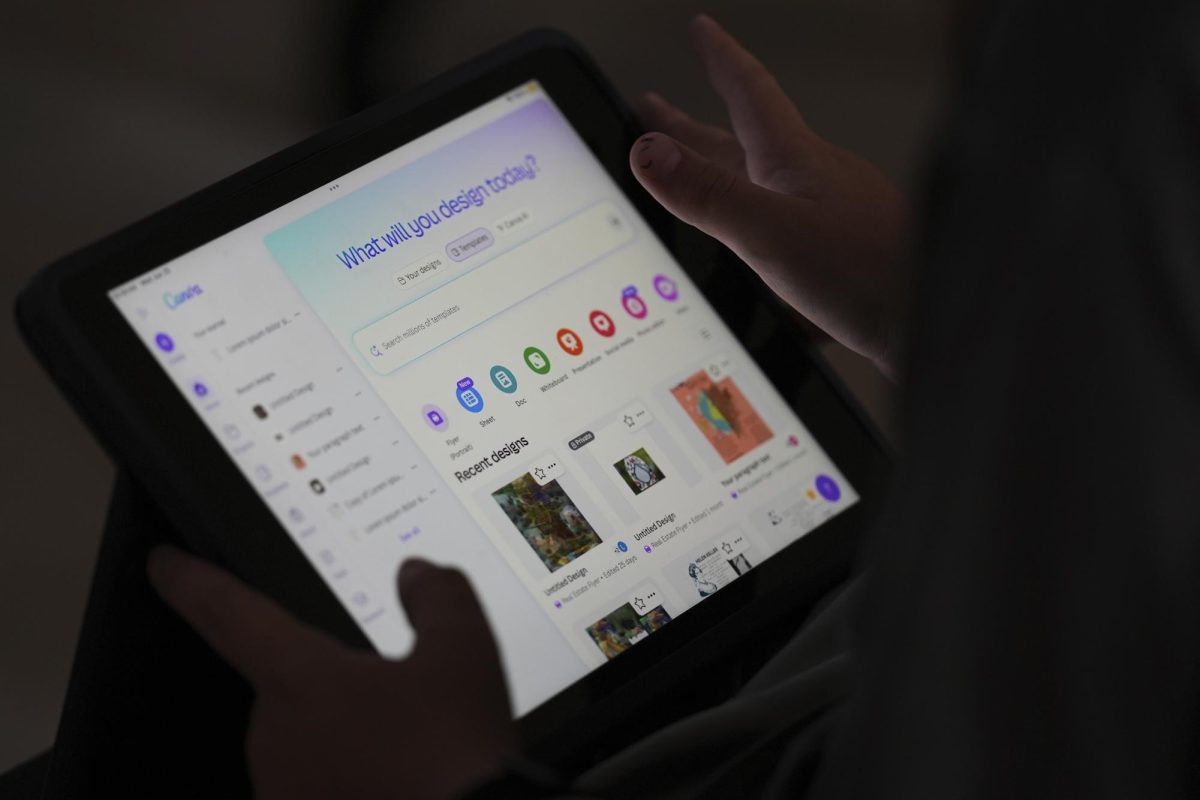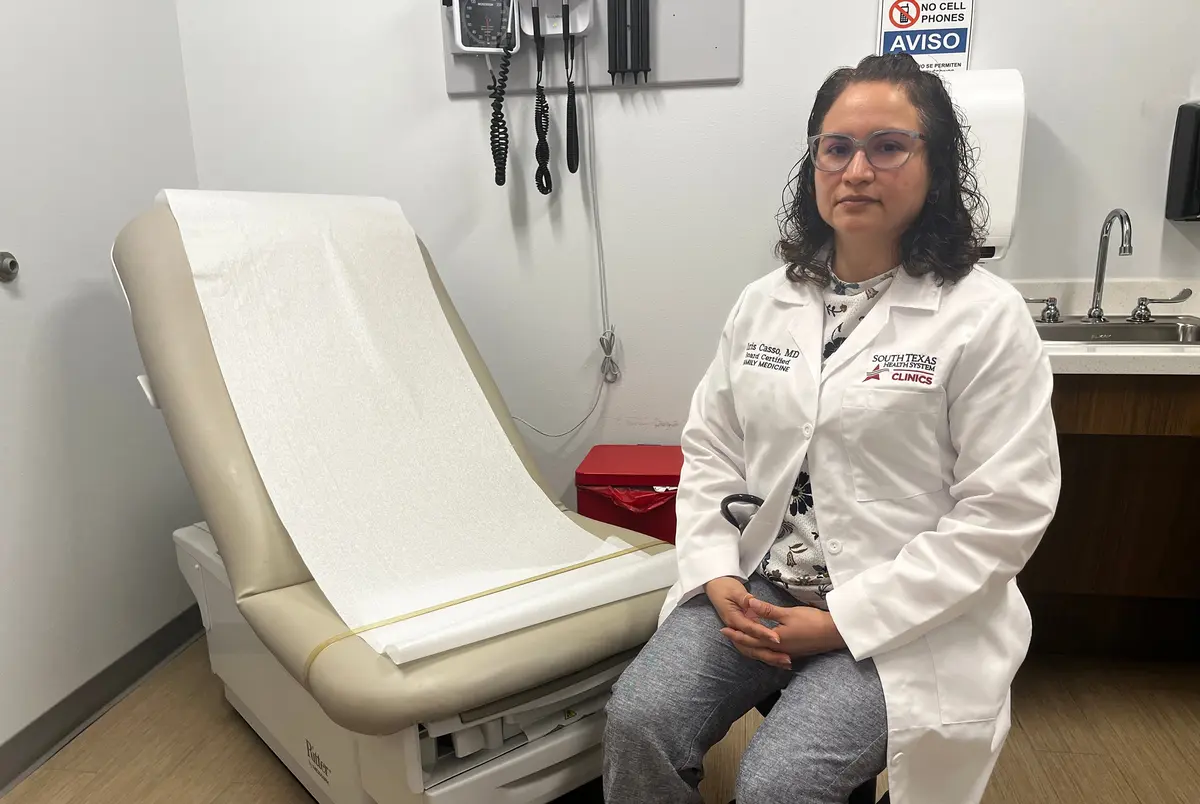Strategic or Genuine Friendship: Clarence Thomas and Harlan Crow’s Questionable Affiliation
May 4, 2023
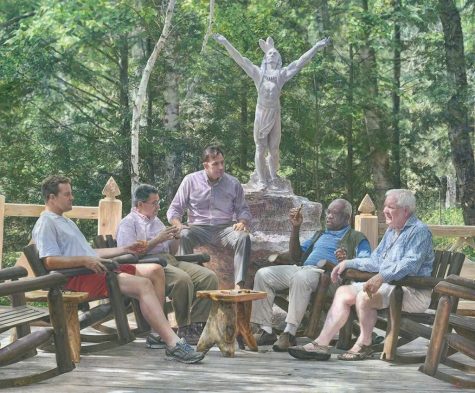
Republican operative lawyers Peter Rutledge, Leonard Leo, and Mark Paoletta are depicted with United States Supreme Court Justice Clarence Thomas and Republican donor Harlan Crow in this painting by Sharif Tarabay. The canvas is both set at Crow’s lavish Adirondacks resort, Camp Topridge, and part of the compound’s decor.
In an interesting turn of recent events, much disquiet has arisen with respect to investigative reports revealing accounts that Supreme Court Justice Clarence Thomas received monetary gifts from friends and politicians, placing him at the central of this controversy for the past weeks. Strangely, reports disclose that Thomas has been taking extravagant holidays, including trips on private planes and yachts, from the renowned Republican mega donor Harlan Crow for decades without ever disclosing it. Also, he concealed the sales made to Crow of more than $100,000 worth of personal belongings, among other financial exchanges.
Unsubtlety, the issue has split public opinion, attracting both criticism and support in equal shares, with the contentious nature of these presents and the moral ramifications of these acts drawing attention from the general public. Critics claim that Thomas may have broken the expected Code of Conduct for United stipulates Judges, which denotes that judges should not accept gifts, bequests, favors, or loans from anyone. On the other hand, Thomas’s supporters hold a dissenting opinion, contending that the presents were not offered for political purposes but mere denotations of friendship. In addition, the judges’ supporters assert that the gifts were disclosed per the law and that no laws have been breached.
Ethical considerations continue to arise, with the fundamental issues of concern for many, as pointed out by a section of the political class, exacerbated further by the realization that the two politicians from whom Thomas received the gifts, namely Harlan Crow and William Hubbard, are persons who made major contributions to the Republican Party and subsequently, have an immense financial interest in a variety of issues that have been presented before the Supreme Court and even judges Thomas himself. Whether their gifts may have been made with the intent of swaying Thomas’s judgments on the court has been questioned. It remains unethical for Thomas not to declare these exchanges, ultimately questioning his impartiality as a supreme court judge.
From an ethical standpoint, the public and the media must be informed about any gifts or solicitations to ensure judges remain unbiased and impartial. An approach that ensures that justices receive no coercion and that their decisions are based solely on the facts and the law. As expected, the discovery has caused an immense outcry from the political class, who feel that this could be a sign of compromise in the delivery of judgments by the supreme court. This has seen various modifications proposed to the ethical codes that oversee judges’ conduct to restrict judges’ freedom in accepting gifts. For instance, in the proposed registration, Judges are now obligated to record gifts under various conditions due to the recent tightening of the Ethics and Government Act’s disclosure regulations. The new regulations cover presents at commercial properties, such as hotels, restaurants, or homes frequently rented out for business purposes . In addition, the regulations also cover issues of non-commercial transportation, such as yachts or private jet flights.
The friendship between Crow and Thomas is seemed to weather the current storm, with Crow standing by Thomas despite the criticism. When inquired by the The Dallas Morning News, Crow remarks, “Clarence Thomas is one of the most honorable people I’ve ever met in my life. He’s a man of incredibly high personal and moral standards”. No denying having a close relationship with the judge. Notably, Thomas’s behavior’s morality or ethical violation can only be left to individual interpretation. Considering no evidence to show the existence or lack of these gifts swaying supreme court decisions towards the preferences of Thomas’s friends. However, it is critical to note that judges need better discretion and avoid acts that could be interpreted as a compromise in a judge’s impartiality.



